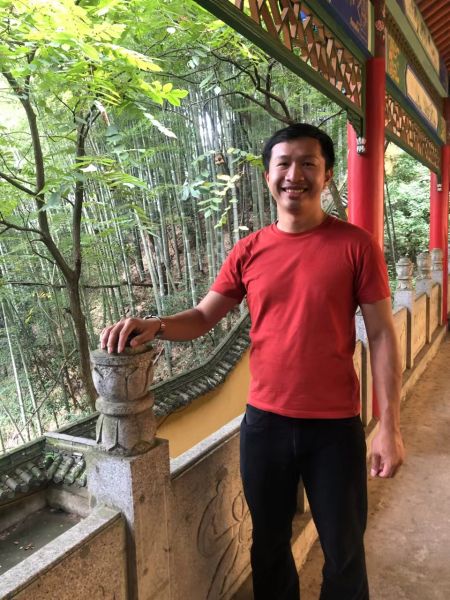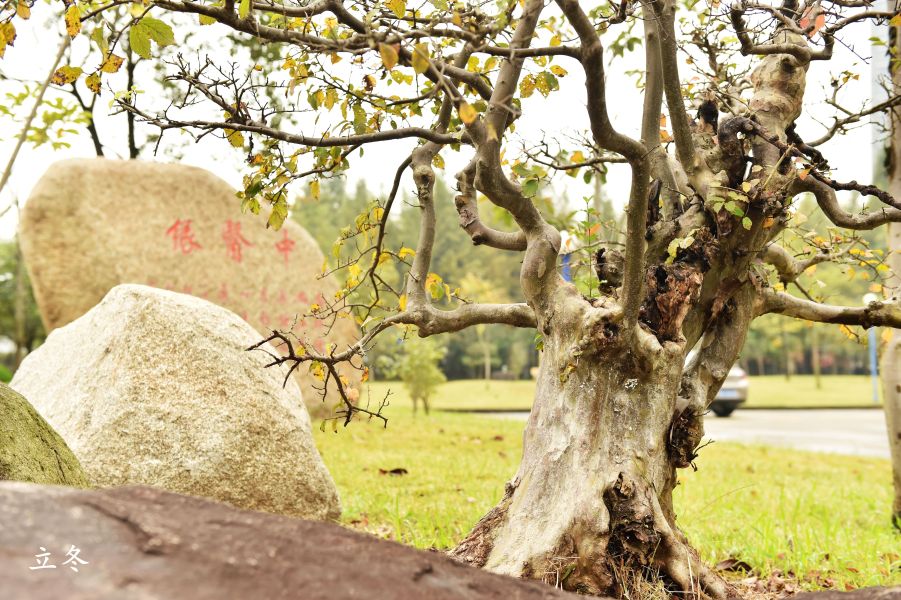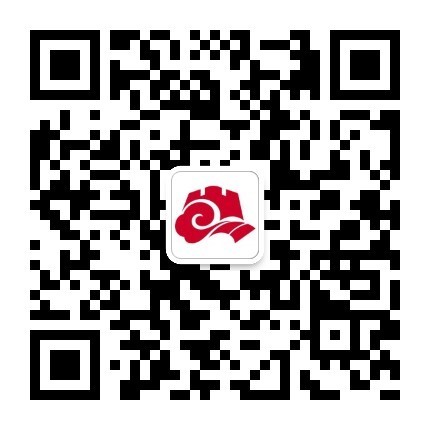My Encounter with Marvelous TCM
Date:2024-04-17 Author:STUDY IN CHINA
[Malaysia] Gan Jia Hong, Zhejiang Chinese Medical University
 Like a drifting leaf, I came to China from Malaysia. I first arrived in Shanghai in the summer of 2013 to study Western medicine,then moved from the Huangpu River to the Qiantang River and lived in Hangzhou,a lakeside city of the West Lake in the winter of 2022 to study traditional Chinese medicine (TCM).
Like a drifting leaf, I came to China from Malaysia. I first arrived in Shanghai in the summer of 2013 to study Western medicine,then moved from the Huangpu River to the Qiantang River and lived in Hangzhou,a lakeside city of the West Lake in the winter of 2022 to study traditional Chinese medicine (TCM).
During this journey, I went through the modern Western medical school in Shanghai, entered the thousand-year-old TCM culture in Hangzhou, watched the alternation between modern medicine and traditional medicine and felt the changes in the world and China, just like the mingling of the prosperity of the old Shanghai and the rhyme of Song Dynasty lasting thousand years.
In my two encounters with China, I crossed the Huangpu River (to study at the School of Medicine, Shanghai Jiao Tong University) and then met the Qiantang River (to study at the Zhejiang Chinese Medical University). If modern medicine is likened to a bright pearl in the history of human medicine, then TCM is the lofty embankment of the Qiantang River.
Traditional medicine is also an old stone bridge in the history of medicine, just like the “Snow on the Broken Bridge” – one of the 10 views of the West Lake. This stone bridge looks like “broken” after winter snow melts, but it has weathered thousands of years of wind and rain. It went through the repair of countless healers and is still loaded with the beautiful legend of the White Snake and Xu Xian. Today, China and I meet again on this bridge, lamenting the peace and beauty of the unbroken bridge. I rubbed over the classic ancient books such as the Yellow Emperor’s Inner Canon, Treatise on Cold Damage, Essentials of the Golden Chamber and Treatise on Warm Diseases, which are guarded by the side of the bridge as if it were a carved fence. In a trance, I looked up into the hazy mist of the West Lake, as if to see this stone bridge from China to the world, and to the Belt and Road participating countries.
My beautiful encounter with China is a marvelous transformation from “Western” to “Chinese,” the joy of the children of the Yellow Emperor returning to the embrace of their Chinese mother, and the gratefulness of constantly searching for the medical manuals and taking scriptures from the East. Standing at the junction of Malaysia and China, I am surrounded by the evolution of cultural and customary inheritance. It is the intersection and communication of literature and medicine, the iterative renewal of modern technology and traditional medicine and the collision of Western and Chinese medicines.

Two countries, two cities, two studies abroad – I walked from the classroom to the ward and returned to the classroom from the ward. The stethoscope in my pocket has become an antique book, and the white coat I wore has become more wrinkled. It was like playing hide-and-seek with a disease in a giant white tower. I put down the microscope and tried to chase the “diseases” by taking the pulse with three fingers. In my heart, it is both the joyful encounter of the poem “What night is this night, at last we are alone” and the surprise of the poem “When I meet the clear-eyed, my desire is satisfied,” as well as the sentiment of Lu You’s poem titled Reading the Book of War at Night, which said “Whether or not you can make a mark for your country depends on opportunity, and it is too pedantic to predict what your future will be like.” It’s like I’ve rediscovered myself beyond the skyscrapers and between the famous temples and ancient pagodas. Though I’m a small wave, I would like to be the splash of water lining that pearl, and I’m also willing to wash away the dust for that stone bridge.

As if under the watchful eyes of Hippocrates, the father of Western medicine, and Zhang Zhongjing, the medical sage of the Han Dynasty, I moved forward slowly.
It was also like bumping into the argument between Lu Xun from Shanghai in the Republic of China and Zhu Danxi from Zhejiang of the Yuan Dynasty, and I listened attentively.






 京公网安备 11010802035729号
京公网安备 11010802035729号